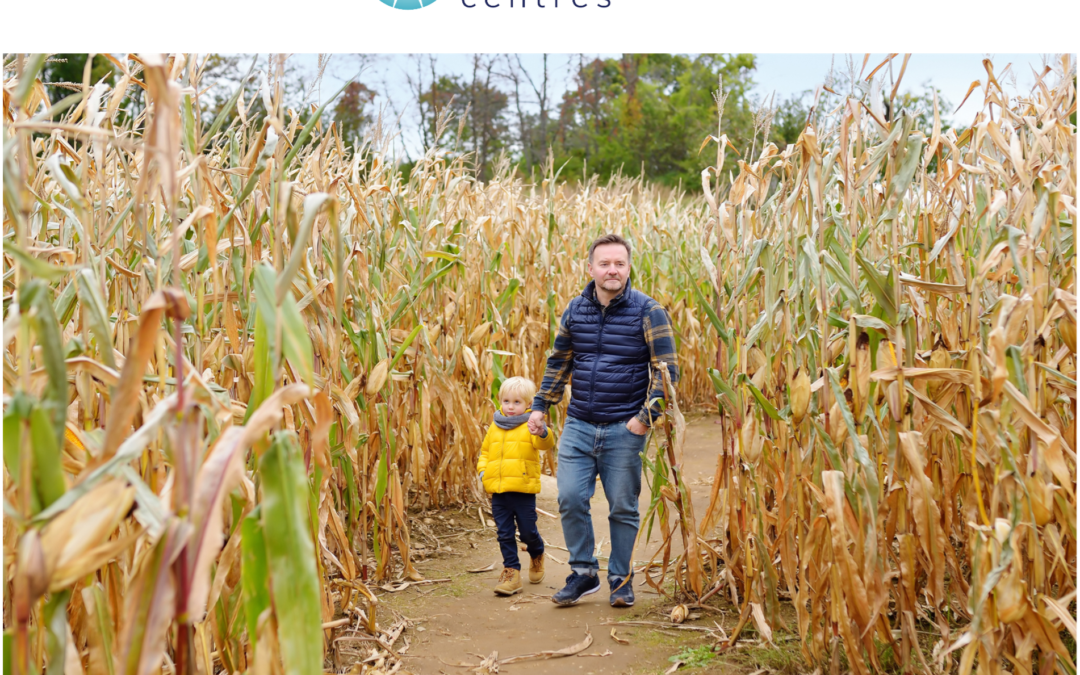Guiding Young Minds Through Their Emotional Landscape
Childhood, often portrayed as a time of carefree joy and discovery, can also be laced with complex emotions that even adults might struggle to navigate. At Lifecare Centres, we recognize the importance of engaging these intricate feelings in a nurturing and accepting environment, a principle central to our approach in child psychology.
As children traverse through the diverse terrain of emotions, they confront feelings ranging from joy and excitement to sadness, anger, and anxiety. These emotions, much like an everchanging tide, shape their worldviews and experiences. While positive emotions are typically met with celebration, guiding children through more challenging feelings like anger or anxiety requires a nuanced approach, one that’s infused with understanding, empathy, and expert guidance.
Emotional Literacy: The Cornerstone of Emotional Navigation
Emotional literacy, or the ability to identify, comprehend, and manage one’s own emotions and empathize with others’, is crucial in childhood development. Our therapists focus on enhancing children’s emotional literacy, empowering them to understand and effectively express their feelings. Activities like interactive games, storytelling, and art provide children with avenues to articulate their emotions, promoting healthy emotional expression.
Empathy: Fostering Connection and Understanding
Empathy is the foundation upon which we build understanding and relate to emotional experiences. It is through empathetic interactions that children comprehend the effects of their emotions and actions on themselves and others. Our counsellors embed empathy within their sessions, creating a space where children can explore their feelings surrounded by warmth and understanding.
Resilience: Cultivating Emotional Strength
Developing resilience is key to helping children face their emotions with courage and adaptive coping strategies. Our approach emphasizes resilience-building, teaching children that experiencing a wide range of emotions is natural and equipping them with the tools to recover from emotional challenges.
Strategies for Promoting Emotional Well-being in Children:
- Open Communication: Foster a climate where children feel safe to share their emotions without fear of judgment.
- Validating Emotions: Recognize and affirm their feelings, showing them that their emotional experiences are significant and valid.
- Modeling Emotional Health: Demonstrate healthy ways of expressing and coping with emotions in your interactions.
- Creating Safe Spaces: Ensure children have a secure environment for free expression, both at home and in therapeutic settings.
- Involving Children in Solutions: When suitable, engage children in discussions about managing their emotions effectively.
- Educational Play: Use play and interactive activities to teach about emotions and appropriate expression techniques.
In guiding children through their emotional journey, Lifecare Centres serves as a resource, providing the tools, insight, and support necessary for navigating their emotional worlds. We journey alongside them, ensuring they feel acknowledged, understood, and valued, laying the groundwork for a healthy emotional future.

Ray Jones
Ray is committed to guiding individuals toward positive change and personal growth. With a warm and compassionate approach, he draws from a diverse set of therapeutic modalities to tailor interventions to each client's unique needs.
Ray’s primary therapeutic approaches include Solution-Focused, Narrative, and Cognitive-Behavioral Therapy (CBT). Through focusing on solutions and strengths, clients are helped to identify and amplify the positive aspects of their lives. Through Narrative Therapy, Ray assists individuals in rewriting and reshaping their personal stories, fostering a sense of agency and empowerment. Additionally, cognitive behavioural therapy explores the connections between thoughts, feelings, and behaviours, empowering clients to develop healthier patterns.
With a rich background as a spiritual care provider in the Christian tradition, Ray understands the importance of addressing the spiritual dimension of life for those who find it meaningful. Respecting and honouring each client’s unique spiritual journey, Ray creates a space to explore the intersection of spirituality and mental well-being in a supportive and non-judgmental environment.
Ray provides a supportive and inclusive environment for individuals of all sexual orientations and gender identities and works collaboratively with clients to understand and address the intersections of culture, history, and personal experiences on their mental and emotional well-being.
Ray partners with clients to create a therapeutic alliance built on trust, empathy, and mutual respect, where you will explore your goals, build on your strengths, and develop practical strategies to overcome challenges. Life is a journey, and Ray offers support and guidance as you navigate the path towards a more fulfilling and wholehearted life.

